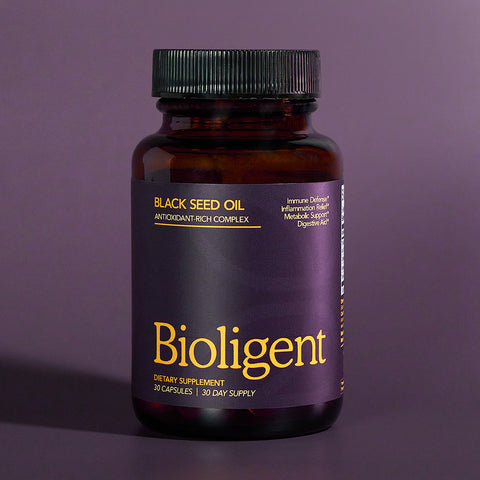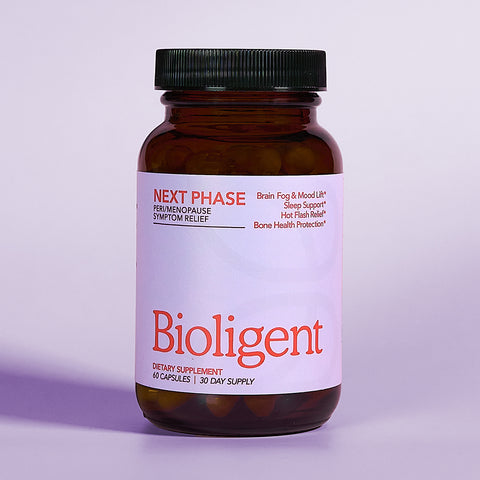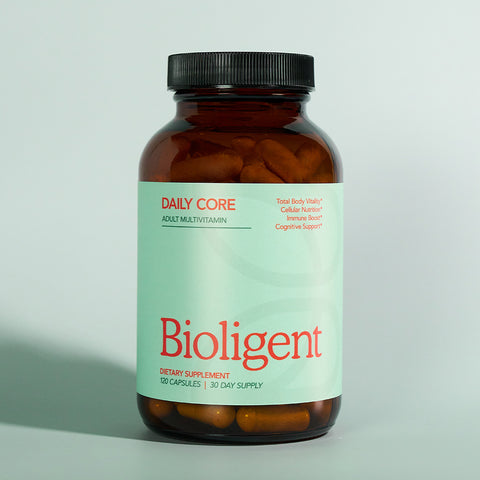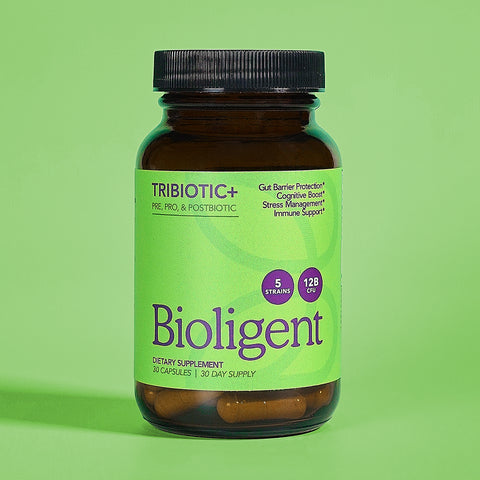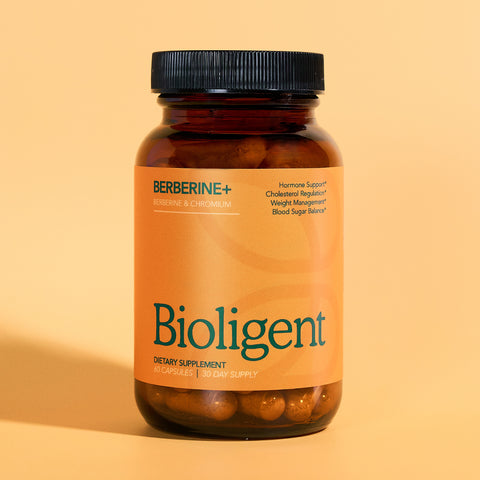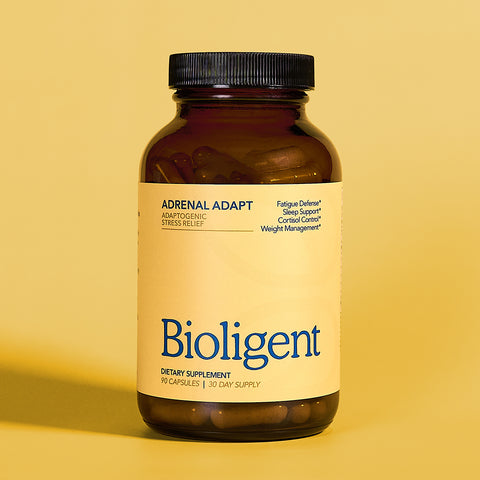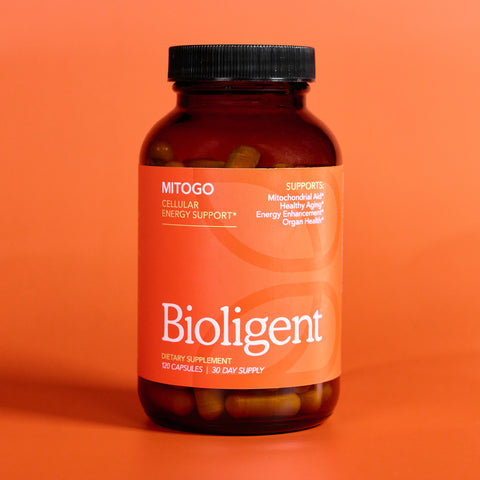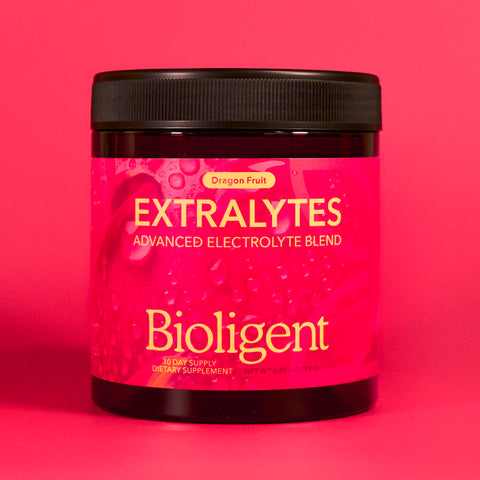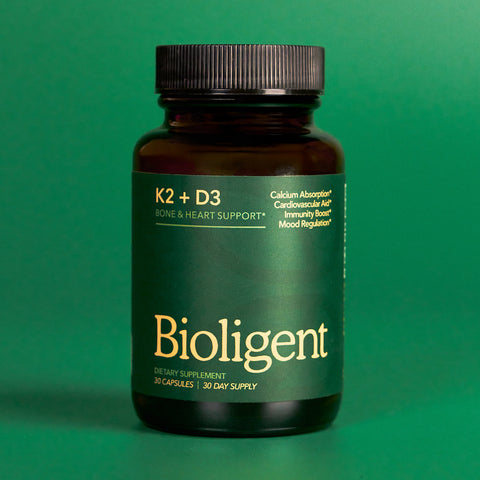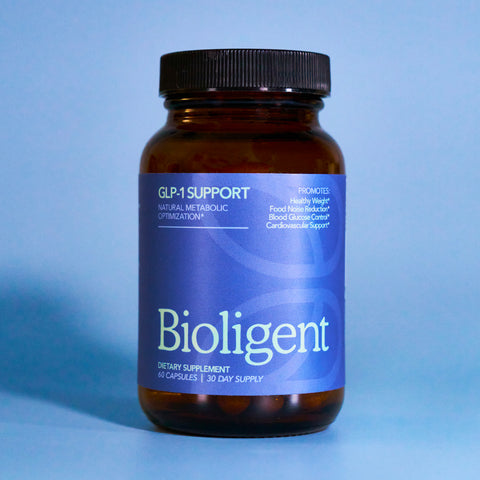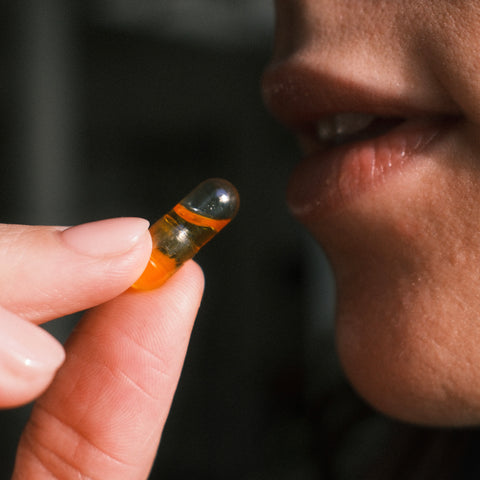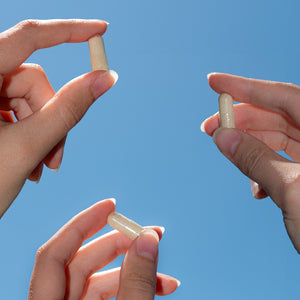Some days, you feel off, but you can’t quite explain why. Maybe you’re bloated after meals, tired even after a full night’s sleep, or stuck in a cycle of sugar cravings you can’t shake. Your skin might be acting up for no reason, or your digestion just feels unpredictable.
While it’s easy to blame stress or a busy schedule, your gut might be quietly asking for help.
Your digestive system plays a bigger role in your overall well-being than most people realize. When things aren’t balanced, the effects can seem random at first. But once you understand your gut’s role, the signs are easier to connect.
In this guide, you’ll find five subtle (but important) signs that your gut might need more support and what you can do to feel better from the inside out.
1. You’re Bloated All the Time
It’s completely normal to feel bloated once in a while, especially after a big meal. But if it’s happening more often without a clear reason, it could be your gut’s way of asking for support. Persistent bloating can leave you foggy, low on energy, and just not quite yourself.
Often, bloating is linked to how efficiently your digestive system is working. When gut bacteria are out of balance or your body isn’t breaking down food properly, digestion slows. That can lead to gas buildup and that familiar “heavy” feeling.
If that sounds familiar, you’re definitely not alone. Many people find relief by supporting their digestion through simple, consistent changes. That might include eating more whole foods, slowing down at mealtime, or turning to a digestive support supplement designed to reduce bloating and help your system function more smoothly.
2. You’re Always Tired Even After Sleeping
You sleep through the night but still wake up feeling wiped out. It’s frustrating, and more common than you might think. While stress and sleep quality can play a role, there’s another piece that’s often overlooked: your gut.
If your digestive system isn’t functioning well, your body may have a harder time absorbing the nutrients it needs for sustained energy. Over time, this can lead to fatigue, brain fog, and the sense that you’re constantly running on empty, even if you’re eating well..
One way to support your energy levels is by caring for your gut. That might mean eating more fiber-rich foods, staying hydrated, and building in time for movement and rest. Some people also benefit from a probiotic for digestion, which supports a healthier gut microbiome and helps improve how nutrients are absorbed. Hence, the fuel you eat actually makes it where it needs to go.

3. You Have Irregular Bowel Movements
Bathroom habits aren’t always an easy topic, but they matter more than most people realize. If you’re noticing constipation, loose stools, or both more often than usual, your gut could be struggling to maintain its natural rhythm.
These changes might be triggered by stress, shifts in diet, or a disrupted gut microbiome. When your digestion slows down or becomes unpredictable, it’s often your body’s way of saying something’s off.
For some people, adding more fiber and staying hydrated can help restore regularity. Others may benefit from gut-focused support that helps rebalance the internal environment. Prebiotics, probiotics, and postbiotics all play different roles here: feeding good bacteria, promoting diversity, and supporting the gut lining. Together, they can help get things moving again.
4. Your Skin Keeps Breaking Out or Looks Dull
Skin flare-ups, sensitivity, or dullness often feel like surface problems, but what’s happening in your gut may be part of the reason. A growing body of research supports the idea that your digestive health and skin are closely linked. This is often referred to as the gut–skin axis.
When the gut barrier is weakened or inflamed, toxins and unwanted bacteria can pass into your bloodstream. Your immune system responds by trying to fight them off, which can sometimes lead to breakouts, redness, or flare-ups that feel hard to control. Poor gut health can also make it harder for your body to absorb nutrients that support clear, healthy skin.
If your skin isn’t cooperating, try looking inward. Simple shifts like cutting down processed foods, reducing stress, and eating a more varied diet can make a meaningful difference.
And for those seeking extra support, Tribiotic+ contains Bifidobacterium longum CECT-7347, a clinically studied postbiotic known to help protect the gut barrier and relieve inflammation. It also includes Arabinogalactan, a prebiotic that supports the immune system and nourishes the gut microbiome. When your gut is stronger and your immune system is more balanced, your skin often benefits too.
5. You’re Craving Sugar or Processed Foods Constantly
Some cravings are normal. But if you’re constantly reaching for sweets or processed snacks, even when you’re not hungry, your gut might be influencing more than just your appetite.
Certain gut bacteria feed on sugar, and the more dominant they become, the louder those cravings can feel. Over time, this imbalance may dull your ability to recognize true hunger and can keep you stuck in a cycle of highs and crashes.
Building a more diverse and balanced gut environment may help quiet those signals. Start with meals that offer fiber, protein, and healthy fats. Focus on habits that nourish your gut rather than feeding the cycle.
If you’re looking for extra support, Tribiotic+, which combines prebiotics, probiotics, and postbiotics, may help reset the balance and give your body a better foundation for making food choices that feel good.

What You Can Do To Support Your Gut
If a few of these signs sound familiar, don’t panic just yet! The good news is that your gut responds well to consistent, supportive care. Small changes in your daily routine can lead to noticeable improvements in how you feel physically, mentally, and emotionally.
Here are a few simple ways to start supporting your gut:
-
Eat more fiber-rich foods: Whole fruits, vegetables, legumes, and grains help feed your beneficial gut bacteria.
-
Stay hydrated: Drinking enough water supports digestion and helps move waste through your system.
-
Move your body regularly: Exercise can encourage microbial diversity and keep things moving in your digestive tract.
-
Manage stress: High cortisol levels can disrupt gut balance, so make time for deep breathing, walks, or anything that helps you recharge and de-stress.
-
Consider gut-specific support: A supplement like Tribiotic+ gives your digestive system what it needs to stay balanced. It contains prebiotics, probiotics, and postbiotics that work together to support your gut, your immune system, and your overall well-being.
These habits might seem small, but they can make a big impact over time. A more balanced gut often leads to clearer skin, better energy, smoother digestion, and even a more stable mood.
A Healthier Gut Starts with Paying Attention
Your gut does more than digest food. It supports your immune system, helps regulate your mood, and plays a major role in your skin and energy levels. When it’s out of sync, your body often lets you know through signs like bloating, fatigue, cravings, or skin changes.
The sooner you recognize those signals, the easier it is to respond with care. Simple shifts in your diet, stress levels, and movement can make a real difference.
And when you’re ready for a targeted digestive support supplement, Tribiotic+ can help bridge the gap. Its pre-, pro-, and postbiotic formula works with your body to rebuild balance from the inside out.
